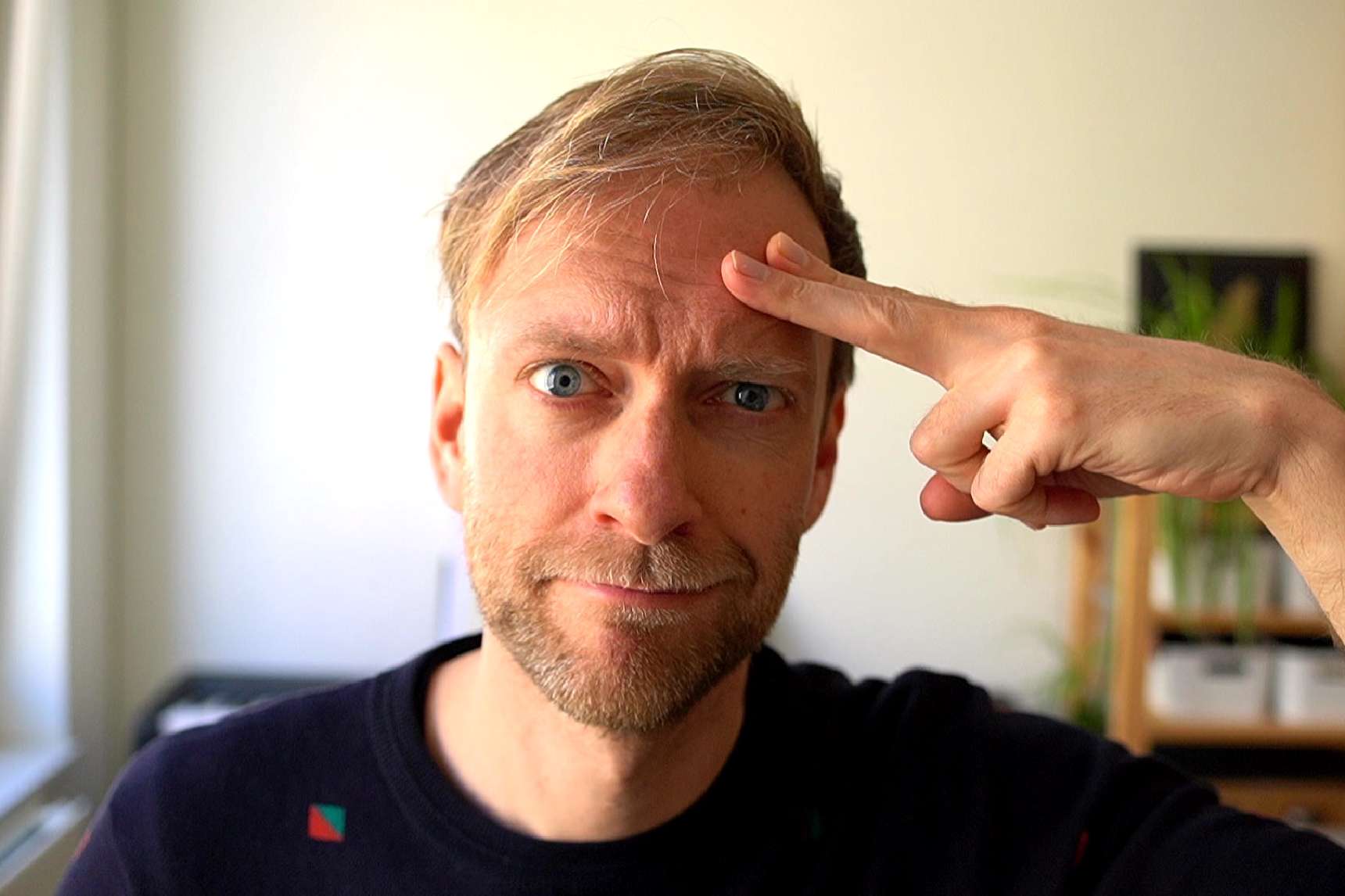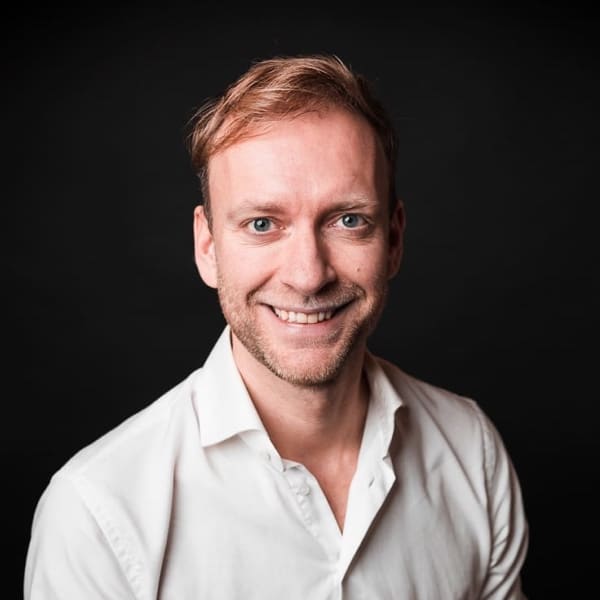The mental game

Growing a company from zero to one in a short time. Something that seems so obvious for succesful entrepreneurs. The truth is often very different: in addition to building a great product and conquering a place in the market, you also have to conquer your own mind. Now that Aljan and I have started again — and we don’t think we belong in the list of super successful entrepreneurs — I’m playing that mental game again.
Are we actually able to do this? What if our ideas don’t work and we’re wasting our time? Are we better off spening our time on something else?
These questions suck energy and are mostly unanswerable. It’s not about what you can best spend your time on, it’s about what you want to spend your time on. There is a grain of truth in all the clichéd expressions: you who do what he likes does not have to work a day. Only those who completely decide for themselves where to spend time on are truly free. The journey is the destination. Of course there are limitations, food must be put on the table. That is why I try to regularly check the following three conditions on the things I do:
- I like the work I do and it gives me energy;
- I like the people I work with and the relationship give me energy;
- I am be able to support myself (and my loved ones).
If one of these conditions is not met, that is a signal that something has to change. If I meet these conditions, there is absolutely nothing I need to change. Even if that little voice in my head says so.
Earning money (point 3) is often a problem for starting entrepreneurs. The result: return to a job or taking VC money. In both cases you lose freedom. But there is a third option to earn money and keep your freedom. Writer Nassim Taleb gives a great example in his book Antifragile: Great literary writers in the 18th century France remained independent of authorities and governments because they took simple ‘simple’ jobs besides their writing. Do mentally low taxing work to make money, then have the freedom to spend all you energy and time on the thing you want to spend it on. Today this is called bootstrapping.
Recently I came across a nice quote that fits this perspective: “Don’t create things to make money; make money so you can create things. The reward for good work is more work.”
This is the way Aljan and I approach Studio Wolf.
When my brain starts telling me that I’m wasting my time, I think of these rules: is it fun, are the people nice, and am I making enough money? Then it’s quiet again for a while.
